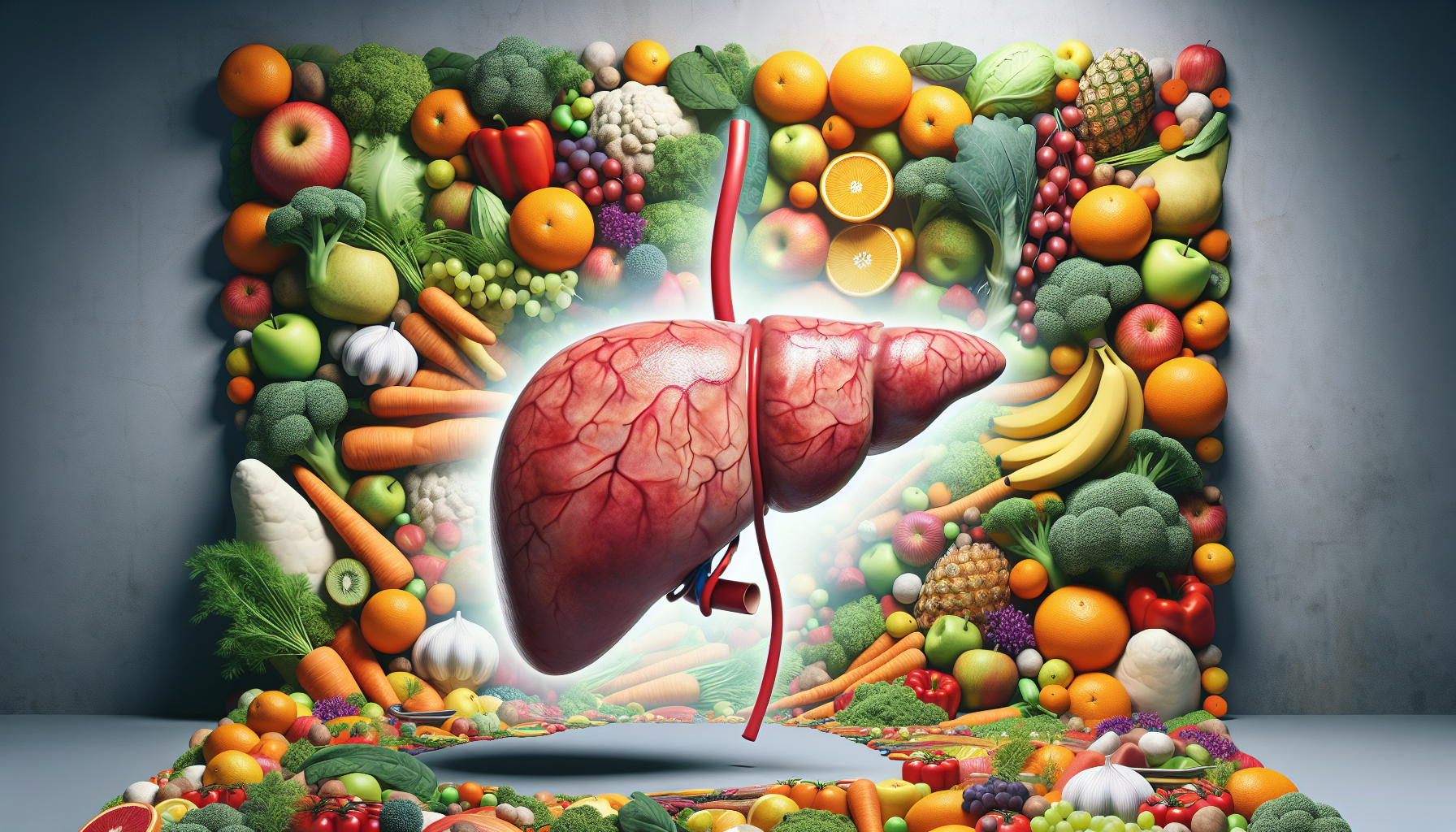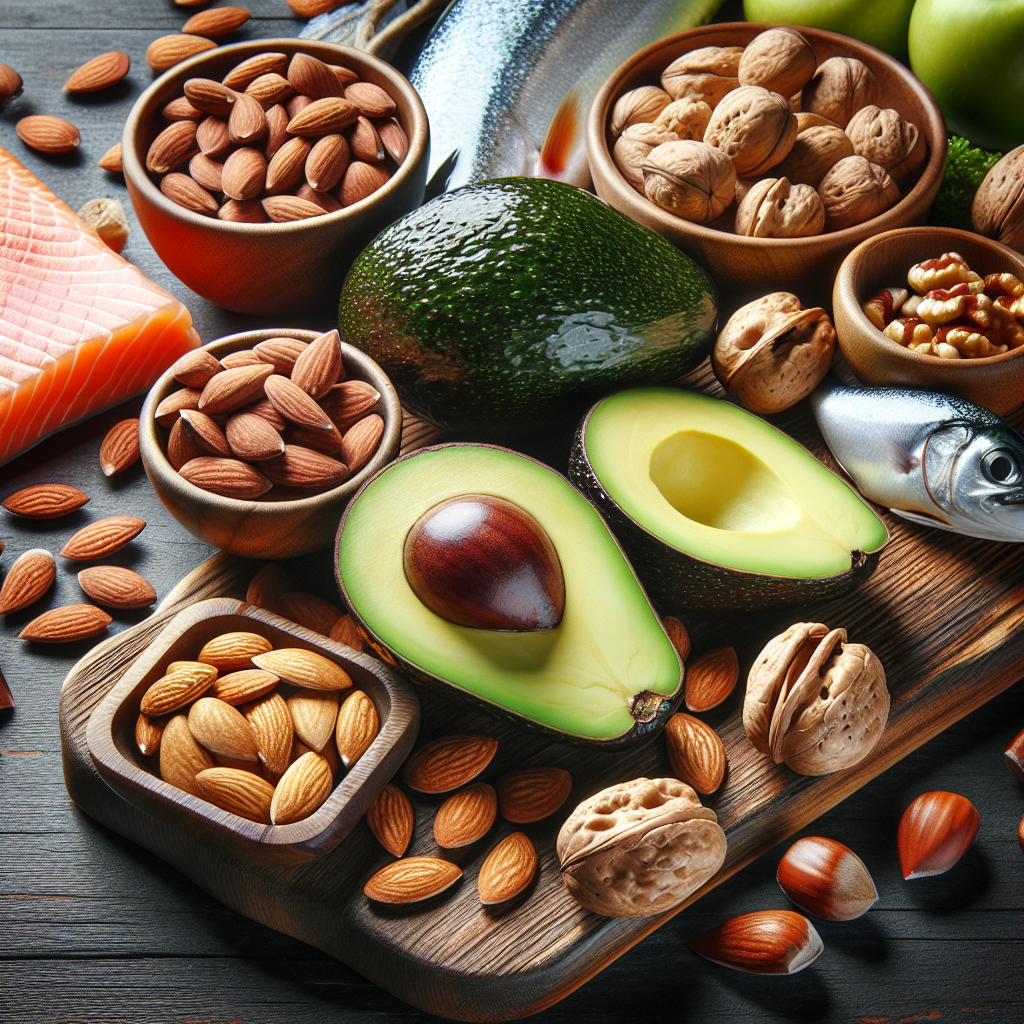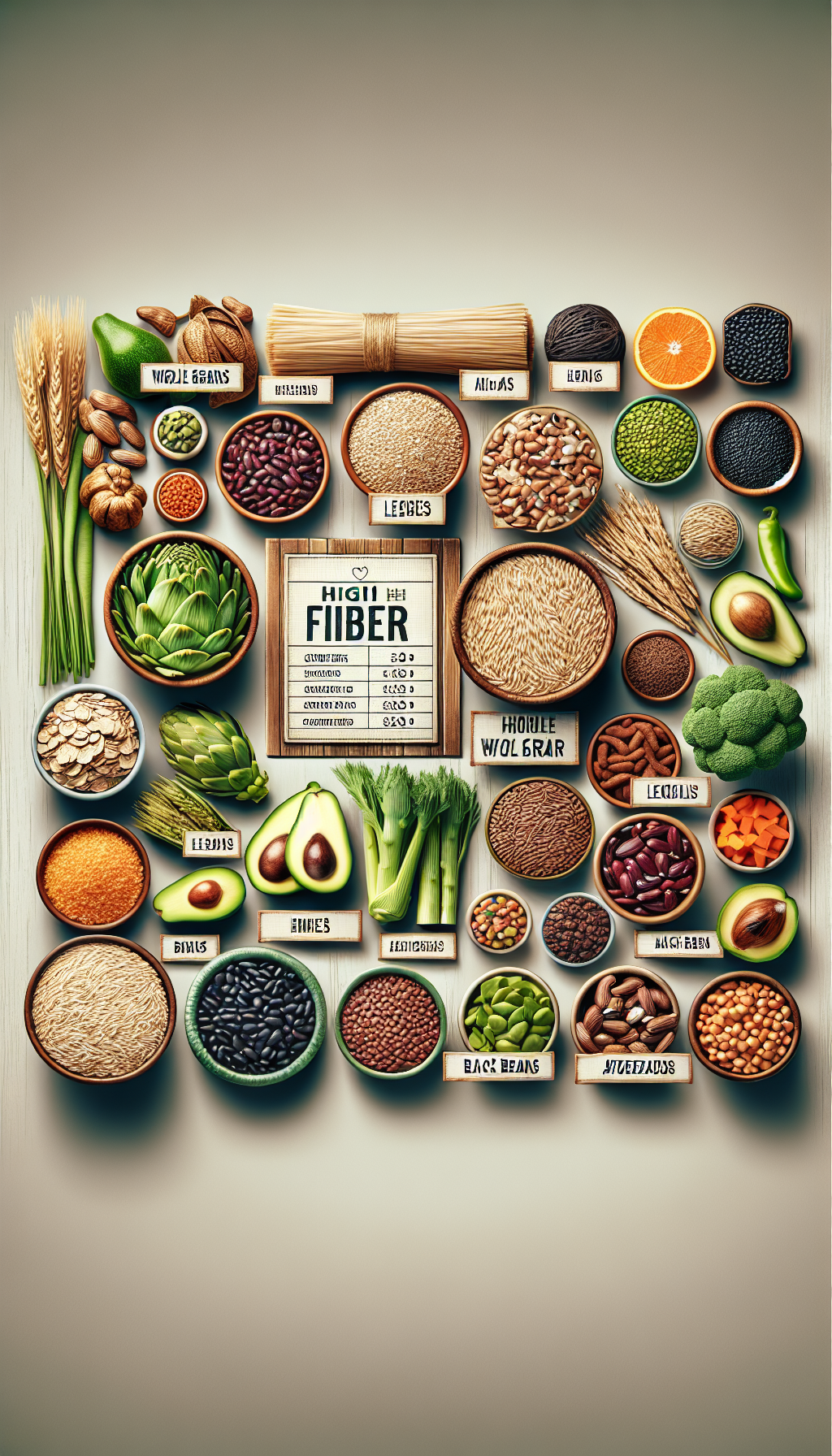Gallbladder stones, commonly referred to as gallstones, are hardened deposits that can form in the gallbladder, a small organ located just below the liver. These stones can cause significant discomfort and lead to complications such as cholecystitis, or inflammation of the gallbladder. The key to preventing the formation of gallstones lies in adopting healthy dietary habits. In this comprehensive guide, we will explore various dietary approaches that have been shown to prevent gallstones, ensuring you can maintain optimal digestive health.
Understanding Gallstones
Before diving into prevention strategies, it’s vital to understand what gallstones are and why they form. Gallstones are primarily made up of cholesterol, bilirubin, and calcium salts. They can vary in size and number, with some people developing just one large stone, while others may have numerous smaller ones.
Several factors contribute to their formation, including genetics, body weight, and dietary choices. For example, diets high in cholesterol and low in fiber have been linked to an increased risk of gallstones.
Dietary Fiber: A Natural Combatant
Increasing your intake of dietary fiber is one of the most effective strategies for preventing gallstones. High-fiber foods help to regulate the digestive system and can reduce the amount of cholesterol absorbed in the intestines, which in turn can prevent the formation of cholesterol-rich gallstones.
Whole grains, such as those mentioned in the article on the Impact of Whole Grains on Colonic Health, are an excellent source of dietary fiber. Including whole wheat, brown rice, oats, and barley in your diet can improve overall digestive health and reduce the risk of gallstones.
Healthy Fats: Know Your Sources
While it’s important to control the intake of fats to prevent gallstones, not all fats are created equal. Monounsaturated and polyunsaturated fats, found in foods like avocados, nuts, and fish, are beneficial for gallbladder health. These healthy fats can help lower cholesterol levels, which is crucial since high cholesterol is a primary component in many gallstones.
It’s also beneficial to include foods rich in omega-3 fatty acids in your diet. Salmon, flaxseeds, and walnuts are all great sources of omega-3s, which have anti-inflammatory properties and can support overall digestive health.
Moderate Your Carbohydrate Intake
Diets high in refined carbohydrates and sugars can lead to obesity and high triglyceride levels, both of which are risk factors for gallstones. To prevent gallstones, focus on complex carbohydrates like vegetables, legumes, and whole grains, and limit the intake of refined sugars and flours.
The article on Strategies to Manage Acid Reflux Without Medication highlights the importance of a balanced diet for digestive health, which also applies to gallstone prevention.
Stay Hydrated
Dehydration can lead to gallstone formation by causing bile to become overly concentrated in the gallbladder. To prevent this, it is essential to drink plenty of fluids throughout the day. Water is the best choice, but you can also hydrate with herbal teas and water-rich fruits and vegetables.
Regular Physical Activity
Regular exercise helps maintain a healthy weight and reduces the risk of gallstones. It can improve gastrointestinal motility and decrease triglycerides, which can help prevent bile from becoming too concentrated. The benefits of moderate physical activity for digestive function are further discussed in the article on The Impact of Moderate Exercise on Digestive Function.
Consider Plant-Based Diets
A plant-based diet can be particularly beneficial for preventing gallstones. Such diets are typically low in cholesterol and high in fiber, which is ideal for gallbladder health. The article on The Role of Plant-Based Diets in Managing Gastrointestinal Disorders offers insight into how these diets support the digestive system overall.
External Resources for Further Reading
For those looking to delve deeper into the topic of gallstone prevention through diet, a number of niche resources are available:
- The National Institute of Diabetes and Digestive and Kidney Diseases provides detailed information on the gallbladder and related disorders.
- Mayo Clinic’s Healthy Lifestyle Nutrition and Healthy Eating section offers specific dietary advice for those seeking to improve their digestive health.
- Research on the beneficial effects of a high-fiber diet on gallstone prevention can be found in scientific journals.
- The American Heart Association provides guidelines on healthy fats that can reduce the risk of gallstones while supporting cardiovascular health.
By integrating these dietary practices into your daily routine, you can significantly reduce the risk of developing gallstones and contribute to your overall well-being.



